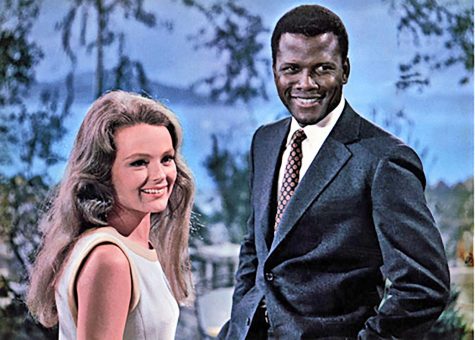Film targets global warming skeptics
The Kozmetsky Center sponsored a showing of “Carbon Nation” at St. Edward’s University to help educate students and other viewers on the environmental crisis in a new way.
“Carbon Nation,” screened at St. Edward’s on April 11, is a climate-change solution documentary directed by Peter Byck, whose first film, “Garbage,” won the Best Documentary Award at Austin’s own South by Southwest Film Festival in 1996. As global warming becomes an increasingly hot issue, the search for new energy sources has continued.
“Carbon Nation” is aimed at convincing Americans who are skeptical of climate change. Seemingly conservative former army Colonel Dan Nolan says in the film that “Climate change, in fact, is a national security issue. This is no longer the purview of Birkenstock-wearing tree-huggers — not that there’s anything wrong with that.”
The film espoused many statistics that aim to show the dangers of global warming, addressing man’s contribution to the carbon in the atmosphere.
However, the film’s focus is the benefits of non-carbon-producing energy sources. Instead of focusing too intently upon the possible perils of global warming, “Carbon Nation” attempts to put a positive spin on the topic by spotlighting potential alternative energy sources.
Wind energy, hydroelectricity and solar power were especially emphasized. These energy sources can be beneficial to anyone, even those who deny global warming’s existence.
The film’s major selling point is cost-effective renewable energy. Coal, which produces the most carbon emissions of any energy source, is heavily relied upon by the energy industry because it is cheap in contrast with the work and expense that go into harnessing wind and solar energies.
But these natural energy sources, the film explains, have the potential to be so profitable in the long run that the upfront expenses could become negligible over time. The people and companies that forge ahead and invest in the green industry have much to gain, the film claimed, and consumers of these alternative energies could also pay less to heat their homes and power their vehicles in the long term.
A handful of world-renowned green entrepreneurs are also featured in the movie: former California Energy Commissioner Arthur Rosenfeld, Virgin CEO Richard Branson, former CIA Director R. James Woolsey, and Pulitzer Prize-winning New York Times columnist Thomas Friedman are a few out of many.
Perhaps the most influential character, though, is Van Jones, a civil rights advocate turned green-jobs organizer and advocate. He started Green For All, a foundation that works to bring green jobs to low-income and high-risk communities.
Jones aims to show that everyone can get involved in the green movement, and there is no justification for not getting involved. Everyone can stand to benefit, Jones said, and if Americans don’t begin changing their relationship with unclean energy, everyone has a lot to lose.





